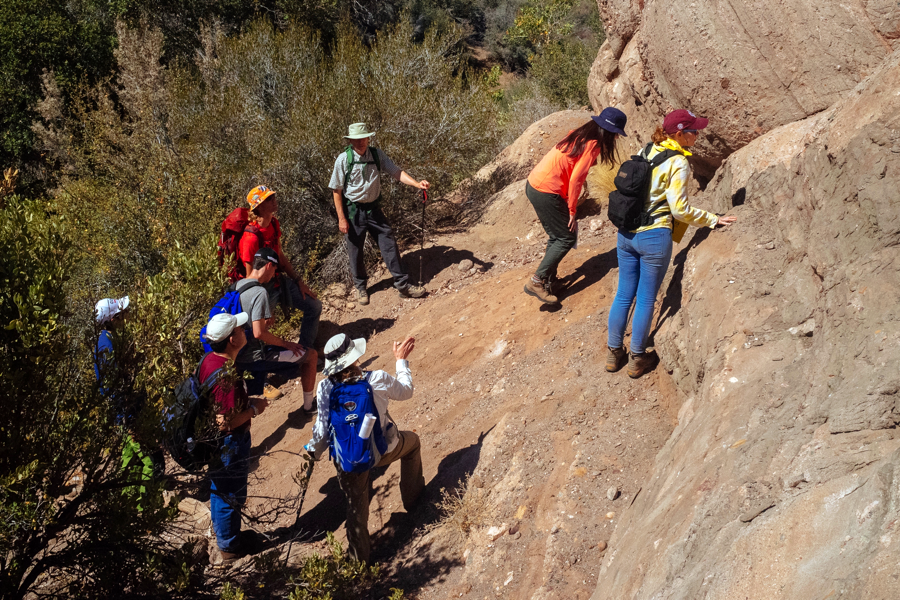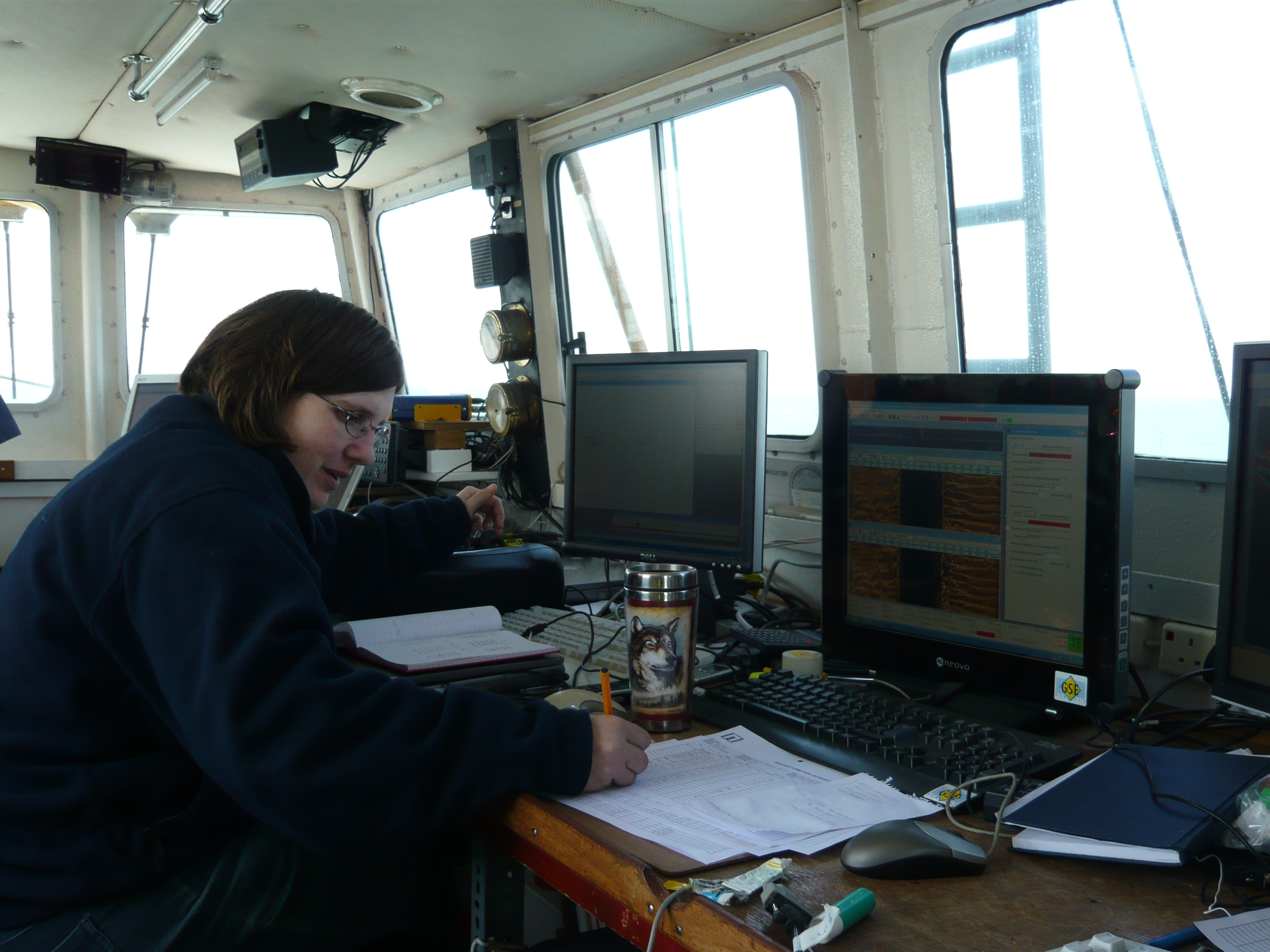All Categories
Featured
Table of Contents
What Do Geoscientists And Hydrologists Do? in Booragoon Oz 2020
This work is progressively contracted out, so consultancies offer another source of work. Consultancy firms differ in size, from extremely small companies to large multinationals. Some consultancies are quite specialised in utilizing specific geophysical methods or working in specific areas, while others provide a more varied series of services to their clients.
The extraction of gas from garbage dump sites is another area of work and this may grow in the future. Expedition companies may undertake work for building companies, water companies, mining companies and ecological companies, so geophysicists might be used in any of these settings. Other employers consist of: geological surveysgovernment bodies and agenciesuniversities and research institutes.


Vacancies may be listed in the oil and gas sector press. Recruitment is impacted by oil cost changes and the level of competitors for positions varies depending on this. Careers Days, which cover the complete variety of geoscience professions and are usually gone to by a variety of crucial industry employers, are run by The Geological Society.
Geophysical Survey Services - Geophysical Test Methods in Parmelia Oz 2021
Some of the big oil and gas business provide a complete two-year structured training program throughout the breadth of geophysics, consisting of the chance to experience operate in numerous teams before specialising in one area. Your training may consist of deal with: existing wellsmagnetic and gravitational potential field data analysisresearchrock analysis. It's more normal for your initial training to be provided on the task.

There might be a probationary duration during which you work alongside a knowledgeable coworker. Competency-based appraisals occur routinely in most firms. In smaller sized firms, and for academic posts, there is unlikely to be any official training - you'll be anticipated to start work straightaway and get abilities as you go along.
If you work for a smaller sized business, you might find that you need to take obligation for arranging and moneying your own development and training. If you have a geology degree, subscription of The Geological Society can be useful for networking and for maintaining to date with the industry.
Geophysical Prospecting in Bibra Lake Aus 2022
You may also find it beneficial to sign up with the PESGB (The Petroleum Exploration Society of Great Britain, which has a geophysics special interest group. After a probationary duration, and as soon as you've gotten some experience, you might progress to senior geophysicist, then group leader and after that into a senior function in management.
The ease of movement between functions depends upon the company structure. Research study at Masters or Ph, D level in a subject related to geophysics or geosciences may aid with your profession development and development. The employment market within the oil and gas market is very depending on rate and this might affect your chances for profession progression.
Not all tasks are dependent on the oil and gas industries. For experienced geophysicists, freelance consultancy provides a great route for profession development. You can also specialise in a specific location of geophysics. As a geophysicist, you're likely to have several tasks throughout your working life. Worldwide mobility is important for dealing with peaks and troughs in various countries at different times.
Geophysicists in Scarborough WA 2023
From geophysics, it's possible to concentrate on seismology (finishing further training to become a seismic interpreter) or to move into associated areas such as engineering geology or danger prediction.
Choosing what to study in college is a tough choice. Even if you know that your field of interest lies in science, what program of study is best for you? If you make the choice to significant in physical and biological sciences and pursue a profession as a geophysicist, you're preparing for an exciting and profitable profession.
The very first step to accomplishing your objective of ending up being a geophysicist is earning a degree. Even for entry-level positions in the field of geoscience, you'll need a bachelor's degree (a geophysicist college degree) from a certified college or university. Geophysicists need to be able to: analyze rocks, photographs, and other pieces of data conduct research both in the field and in laboratories develop maps and charts of their findings compose reports To accomplish all this, trainees need a specialized education for geophysicist careers.
As mentioned above, you'll require a bachelor's degree in geoscience or an associated discipline, such as a physical science or a life sciences, to land an entry-level job. Trainees can likewise prepare by majoring in subjects like: Biology Chemistry Computer science Engineering Mathematics Physics The above geophysicist majors offer a more generalized technique to a single clinical discipline, but many programs require trainees to take one or more geology course.
Table of Contents
Latest Posts
Greeley-evans Area 3d Geophysical Survey in Bicton Australia 2022
Airborne Geophysical Methods in Bateman Western Australia 2022
Integrated Geophysical Surveys For The Safety in Beeliar Australia 2021
More
Latest Posts
Greeley-evans Area 3d Geophysical Survey in Bicton Australia 2022
Airborne Geophysical Methods in Bateman Western Australia 2022
Integrated Geophysical Surveys For The Safety in Beeliar Australia 2021